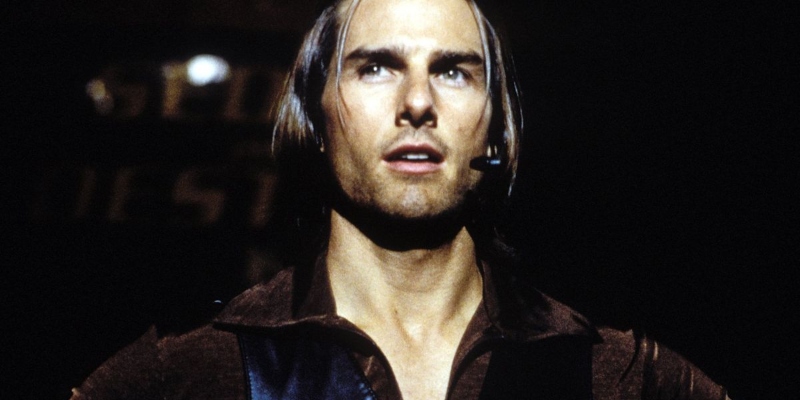
How Magnolia Engages with the Aftermath of Being in a Dysfunctional Family
Chantal V. Johnson in Conversation with Mychal Denzel Smith on the Open Form Podcast
Welcome to Open Form, a weekly film podcast hosted by award-winning writer Mychal Denzel Smith. Each week, a different author chooses a movie: a movie they love, a movie they hate, a movie they hate to love. Something nostalgic from their childhood. A brand-new obsession. Something they’ve been dying to talk about for ages and their friends are constantly annoyed by them bringing it up.
*
In this episode of Open Form, Mychal talks to Chantal V. Johnson (Post-Traumatic) about the 1999 film Magnolia, directed by Paul Thomas Anderson.
Subscribe and download the episode, wherever you get your podcasts!
From the episode:
Chantal: It’s a movie that is engaging in really interesting ways with the aftermath of being in a dysfunctional family—themes of familial violence and neglect, and the ways that individuals cope with experiencing those things in adulthood, the way that the past crops up in the present. That’s a theme of my work and something that I’m really interested in. I also think it’s a movie that ultimately is very much aligned with survivors and victims of the family.
Many of the characters are given a lot—and maybe too much—cinematic space to, for instance, go on long monologues, as Donnie does. They’re given space to enact rage against their parental figures, which we see in the characters of Claudia and Frank. They’re allowed to explode with anger at their abusive fathers. Growing up, it was rare for me to see a movie for mass consumption that was dealing with these themes in a way that I felt was aligned with survivors, and humanizing them, and insisting that their point of view mattered.
________________________
Chantal V. Johnson is a tenant lawyer and writer. A graduate of Stanford Law School and a 2018 Center for Fiction Emerging Writers Fellow, she lives in New York.
Open Form
A podcast about movies, hosted by award-winning author Mychal Denzel Smith. Each week, a different author chooses a movie: a movie they love, a movie they hate, a movie they hate to love.



















